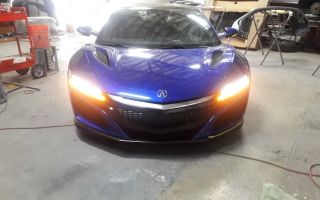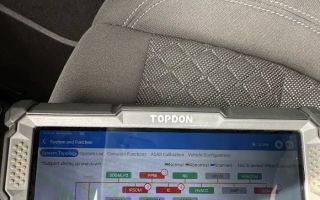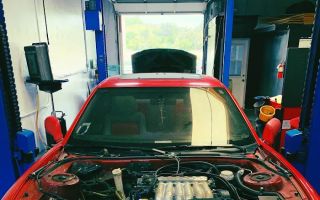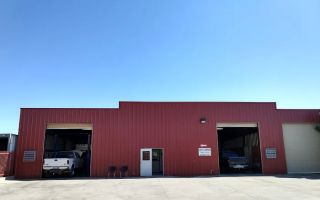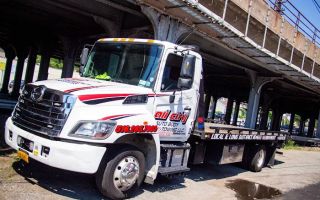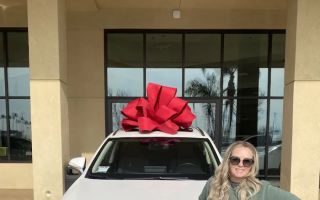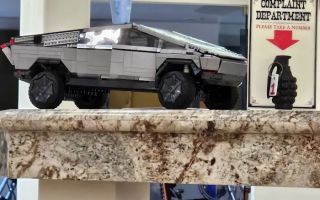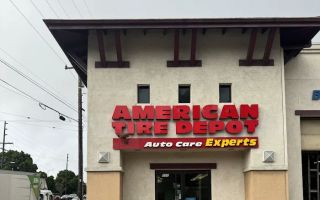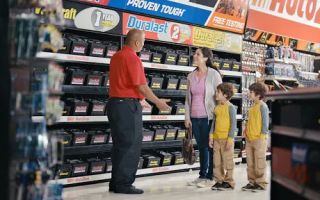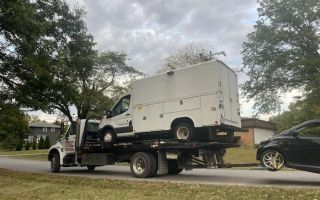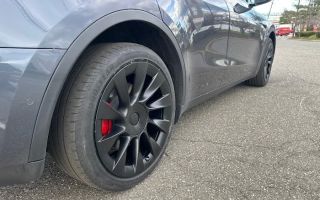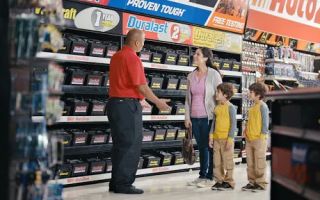How to Handle Towing After a Collision with a Parked Vehicle
- 1. What to Do First After Hitting a Parked Vehicle
- 2. Understanding the Legalities of Towing After a Collision
- 3. How to Contact a Towing Service for Your Vehicle
- 4. Insurance and Liability: What You Need to Know
- 5. Real-Life Examples of Handling Towing After a Collision
- 6. Choosing the Right Towing Service
1. What to Do First After Hitting a Parked Vehicle
Accidents happen, and one of the most common types of collisions is hitting a parked vehicle. While this can be a stressful situation, knowing what steps to take immediately can help reduce anxiety and set the stage for a smoother resolution. The first thing you should do is ensure the safety of yourself and others. If you're able to, move your vehicle out of the way of traffic to avoid further complications.
Next, assess the damage to both your vehicle and the parked vehicle. It's important to document everything thoroughly. Take photos of both vehicles and note the time and location of the incident. This will help with insurance claims and any potential legal matters. If possible, leave a note with your contact information on the windshield of the parked car, especially if the owner is not around.
2. Understanding the Legalities of Towing After a Collision
When you hit a parked vehicle, towing might become necessary, especially if your car is no longer drivable or if you need to clear the scene for safety reasons. It's essential to understand the legalities of towing after such an incident. In many cases, the law requires that you either call a towing service or ensure that the vehicle is moved to prevent further obstruction or hazards.
If the collision is minor, and the parked vehicle owner is not immediately available, your car may be towed to a safe location for further inspection. However, if the parked vehicle is damaged significantly, and there’s no way to move it easily, it may need to be towed as well. Be aware that local laws may differ, and in some areas, you might even be required to report the accident to law enforcement.
3. How to Contact a Towing Service for Your Vehicle
After ensuring safety and documenting the damage, your next step is to contact a reliable towing service. When searching for a towing service, it's essential to select one that offers quick and professional assistance. Many towing companies operate 24/7, so you should be able to reach someone regardless of the time of day or night.
Be prepared to provide the towing company with crucial details, including your location, the extent of the damage, and whether the vehicle is blocking traffic. If the parked vehicle needs to be towed as well, inform the towing company of its condition. The best towing services will be responsive, provide an estimated arrival time, and ensure that your vehicle is handled with care during the towing process.
4. Insurance and Liability: What You Need to Know
Understanding the insurance implications of a collision with a parked vehicle is crucial. After the incident, you will need to inform your insurance provider and provide them with all the necessary details, including photos and witness statements if available. Depending on the type of coverage you have, your insurance may cover the towing costs and the repairs to the parked vehicle, especially if you have collision coverage or comprehensive coverage.
In cases where you're at fault, your liability coverage may come into play to cover the damages to the parked vehicle. However, if you're not at fault, the other party’s insurance may cover the costs. Keep in mind that in some instances, if the parked car owner is unknown or unreachable, your insurance policy may need to cover the entire situation, including the towing fees.
5. Real-Life Examples of Handling Towing After a Collision
Real-life examples can help illuminate how these situations unfold. One case involved Emily, a driver who accidentally bumped into a parked vehicle while trying to park in a crowded parking lot. "I was nervous at first, but I knew I had to stay calm," she recalls. "I took pictures of the damage to both cars, left a note, and called a towing service to remove my car from the spot." Her quick thinking ensured that the situation was resolved smoothly, and her insurance covered both the towing and repair costs.
In another instance, Mark had to deal with an incident where the parked vehicle he hit was parked illegally. The driver was nowhere to be found, and Mark had to deal with the towing of his own car. "I contacted a local towing company, and they came promptly to assist," he says. "It was a stressful moment, but they handled it professionally and efficiently, helping me move forward." Mark's experience highlights the importance of professional towing services in handling these unpredictable events.
6. Choosing the Right Towing Service
When choosing a towing service after a collision, it's essential to consider several factors to ensure that you're working with a reliable and reputable company. First, look for a company with positive customer reviews and a strong track record of handling both minor and major accidents. A professional towing service should provide transparent pricing, be quick to respond to emergency calls, and offer a safe and efficient towing experience for both your vehicle and any third-party property involved in the accident.
One great option for emergency towing is Rescue & Towing, a trusted provider that offers 24/7 services with guaranteed quick response times. Their team is experienced in handling accidents like collisions with parked vehicles, ensuring that your vehicle is taken care of with the utmost professionalism. Click here to learn more about their services and get in touch for any towing needs.

